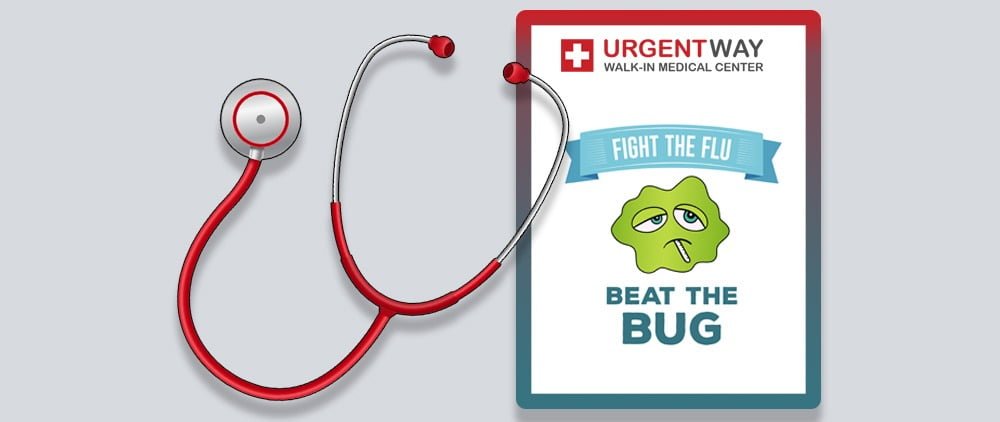Every year, health experts warn people to get flu shots but the majority of people don’t take it seriously. According to the Centers for Disease Control and Prevention, only 37% of U.S. adults were estimated to have been vaccinated last flu season, a fall of 6% from the year before.
Meanwhile, the CDC estimates the flu killed more than 80,000 people and caused more than 900,000 hospitalizations last year (See Latest Weekly Report).
A professor of Pediatrics at the David Geffen School of Medicine at the University of California, Dr. Deborah said, “it is better to have the flu shot, instead of getting flu. People who have seen children dying off from the flu or heard of adults losing their life from the flu, it’s hard for me to settle”.
Let’s have a look at some of the misconceptions people have about the flu vaccine and the truth behind them.
It Doesn’t Work Well, Why Should we get it
In the past few decades, the flu shot is as effective as 44% on average, according to a review of CDC data. In February, health officials have a meeting to choose which strains to include in the year’s flu shot. Even though if they pick a good match, the virus often alters, as much as vaccine causes immune responses that do not diagnose the illness and therefore struggle to fight it.
It is quite possible that you can be attacked by the flu, even if you get a flu shot. However, the vaccine is still an ideal way to prevent yourself from being attacked. People who get the shot end up getting sick but not as severely as those who don’t.
It is not perfectly successful, but it does reduce your odds of getting it and lessens your chance of being in the hospital or the morgue, said Dr. Paul, director of the Vaccine Education Center at Children’s Hospital of Philadelphia.
What if I get the Flu even if I am Young & Healthy?
It’s true that the very young and very old are most susceptible to dying from the flu. However, that doesn’t make everyone in between invincible. Influenza can cause havoc on the body. Upper respiratory illness can cause people to experience a sore throat, headache, chills, cough, runny nose, and body aches according to the CDC.
It may lead to complications such as pneumonia, which can be serious. The combination of influenza and pneumonia was the eighth leading cause of death in 2016, killing 51,537 people that year, according to the CDC.
Health researchers have also found that there is an increased risk of heart attack and stroke as people recover from the illness. Even if you are healthy and young, you can spread the flu to someone who is not. Apparently, healthy adults might be able to contaminate other people one day before their symptoms develop and up to 5 to 7 days after becoming sick, according to the CDC (See Latest Weekly Report).
Flu Shot will give me the Flu
The flu shot is made from the flu virus. However, it is deactivated, making it difficult for the vaccine to give you the flu.
While making the vaccine, scientists include two surface proteins from the virus, said Offit. When a person gets a flu shot, the immune system’s antibodies can learn how to fight the flu without being attacked by it, he added.
The vaccine is principally an exercise for your immune system. For instance, people might experience a low-grade fever or sore arm after the shot because their bodies are learning to fight.
It is better to have a sore arm for a while rather than suffering from flu for three to four days and lying in bed, not wanting to eat or drink because of the flu, said Dr. Aaron Milstone, an associate hospital epidemiologist at The Johns Hopkins Hospital.
Final Verdict
Flu activity is high in October and November and can last up till May, according to the CDC. It recommends getting vaccinated by the end of October because it takes at least two weeks for antibodies that fight the flu to grow in your body. In short words, CDC recommends that it is useful to get the shot later than not at all.


